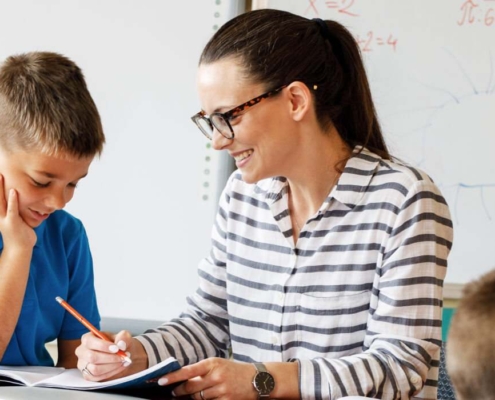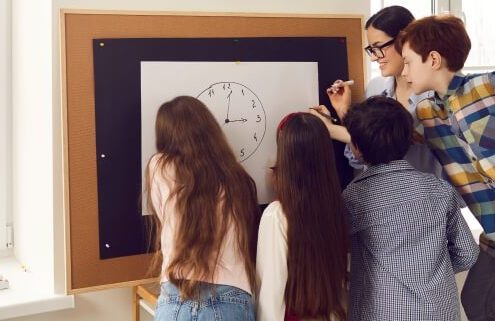Posts

Coaching: vital for student success
When we think about the student learning experience, there are…

10 Proven Study Habits for Academic Success
Effective study habits are foundational for academic achievement…

10 Academic Coach Tips for Back-to-School Success
As students transition from summer break to a new academic year,…

10 Study Techniques for Students with ADHD
10 Study Techniques for Students with ADHD
It’s no secret…

Understanding Academic Support Programs
At some point during their academic career, a student may encounter…

Essential Study Skills for Middle School Students
Middle school is a unique transitional period for students, with…

10 Top Study Skills for High School Students
High school is an exciting time for many students—but also…

The Importance of a Strong Study Skills Curriculum
Student performance is a hot topic for educators across the country.…

Time Management and Executive Function in Students
Many people hear about time management for the first time at…
